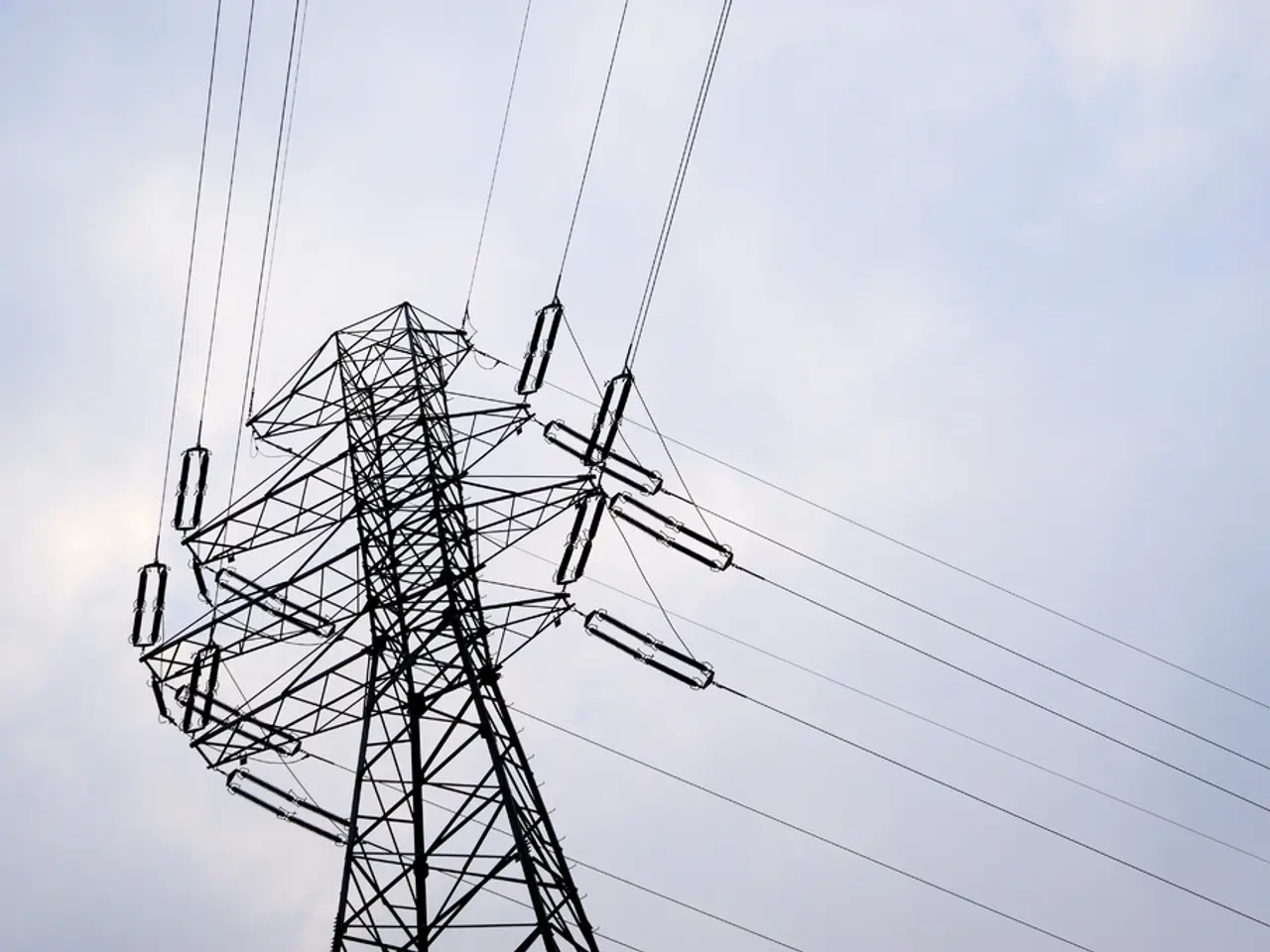Starlink's growth in Africa through a launch in Lesotho and a relaunch in Nairobi
SpaceX's Starlink service is making significant headways on the African continent, expanding its high-speed internet coverage across the region. In Kenya, Starlink has emerged as one of the few viable internet options in remote and peri-urban areas, where traditional fibre and mobile networks often fall short.
Despite the promising progress, Starlink faces regulatory challenges in several African countries, particularly in South Africa. The Black Economic Empowerment (BEE) legislation, which requires at least 30% of a licensee’s equity to be held by historically disadvantaged persons, presents a major hurdle for the global provider, which insists on retaining sole ownership of its subsidiaries for operational consistency.
Communications Minister Solly Malatsi has proposed Equity Equivalence Investment Programmes (EEIPs) as a potential solution. These programmes would allow foreign companies to invest in local initiatives instead of directly relinquishing shares. However, the proposal has sparked controversy, with critics accusing the government of creating a shortcut for Starlink at the expense of existing operators who have complied with the regulations.
The regulatory challenges in South Africa are expected to cause at least a two-year delay in Starlink's licensing and rollout. Meanwhile, in Ghana, Starlink has been given a 30-day ultimatum to comply with local laws requiring a physical office, local customer support, and a formal local presence.
In Kenya, however, the situation is more positive. Users have resumed installations and activations, and by the end of 2024, Starlink had more than 19,000 users, making it the country's seventh-largest internet service provider. The new ground station activation in Nairobi has improved the network's stability, and Starlink is now available in over 19 African countries, including Lesotho, Nigeria, Mozambique, Zimbabwe, Somalia, and 14 others.
The cost for Starlink equipment in Kenya is KES 30,000 (US$232), and the monthly cost is KES 6,500 (US$50). With the service now operating at full capacity in Kenya, many residents are reaping the benefits of this high-speed internet solution in areas previously underserved by traditional networks.
As Starlink continues to expand its footprint across Africa, the regulatory landscape will undoubtedly remain a complex and evolving factor. The balance between economic transformation and foreign investment will continue to be a topic of debate, as countries strive to ensure local accountability and infrastructure while attracting global business.
Starlink's advances in African countries, such as Kenya, show promise for the use of high-speed internet in remote regions where traditional networks falter. However, in South Africa, regulatory challenges, specifically the Black Economic Empowerment (BEE) legislation, pose a significant hurdle for Starlink, requiring at least 30% equity ownership by historically disadvantaged persons, a restriction that Starlink opposes due to operational consistency concerns.




